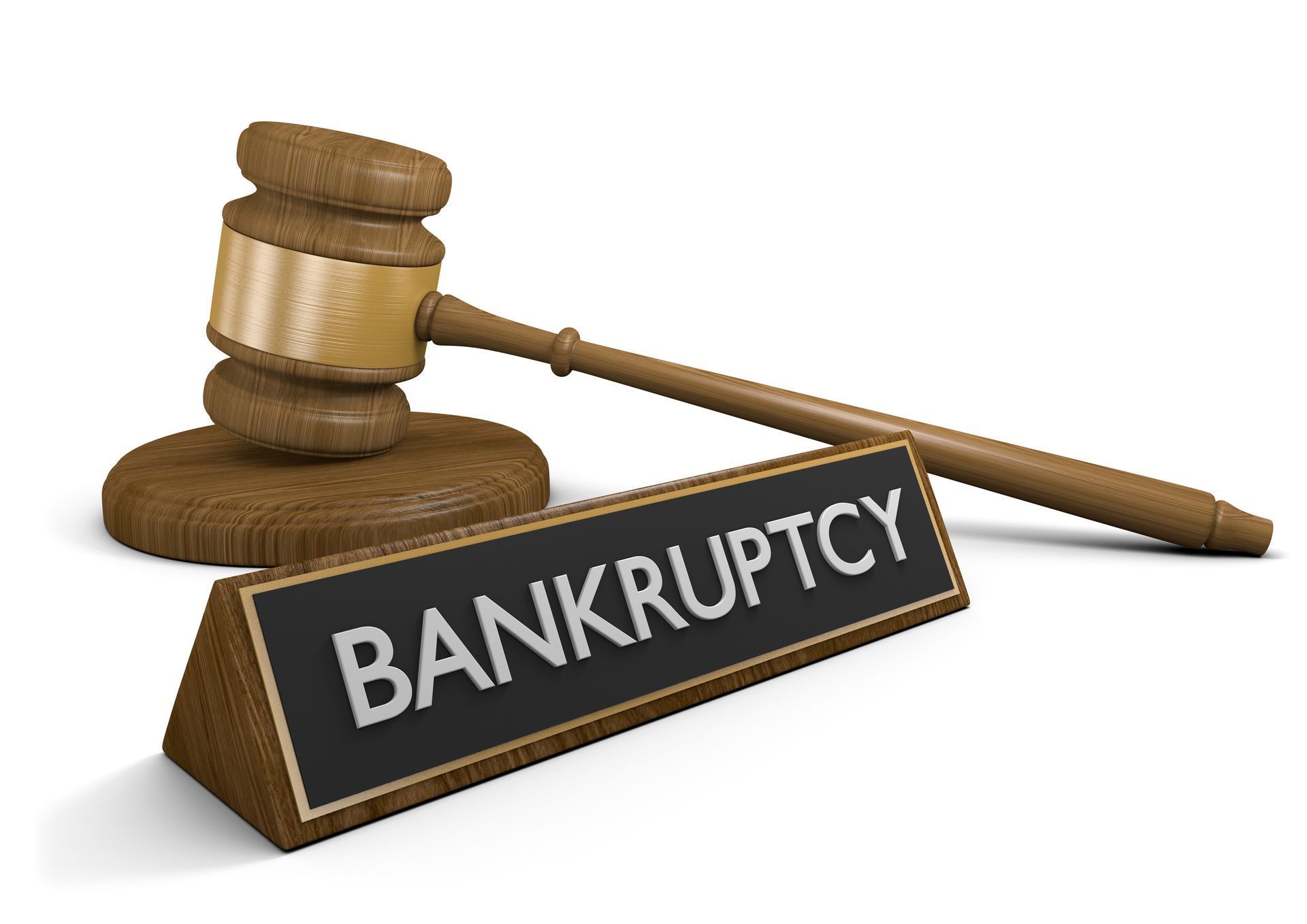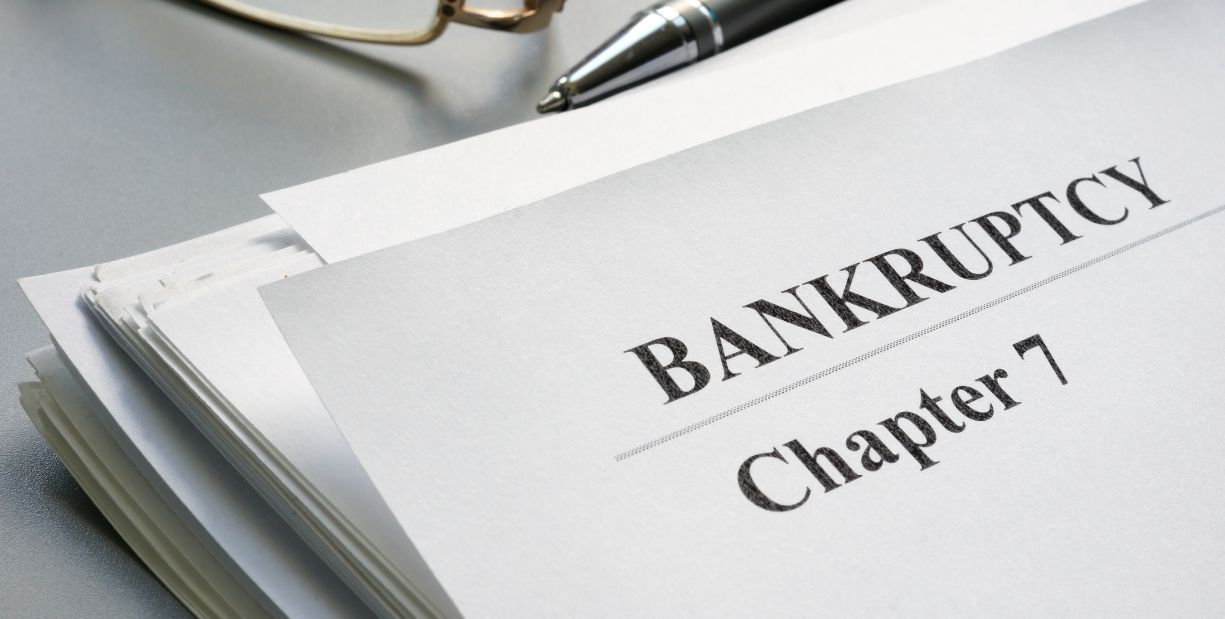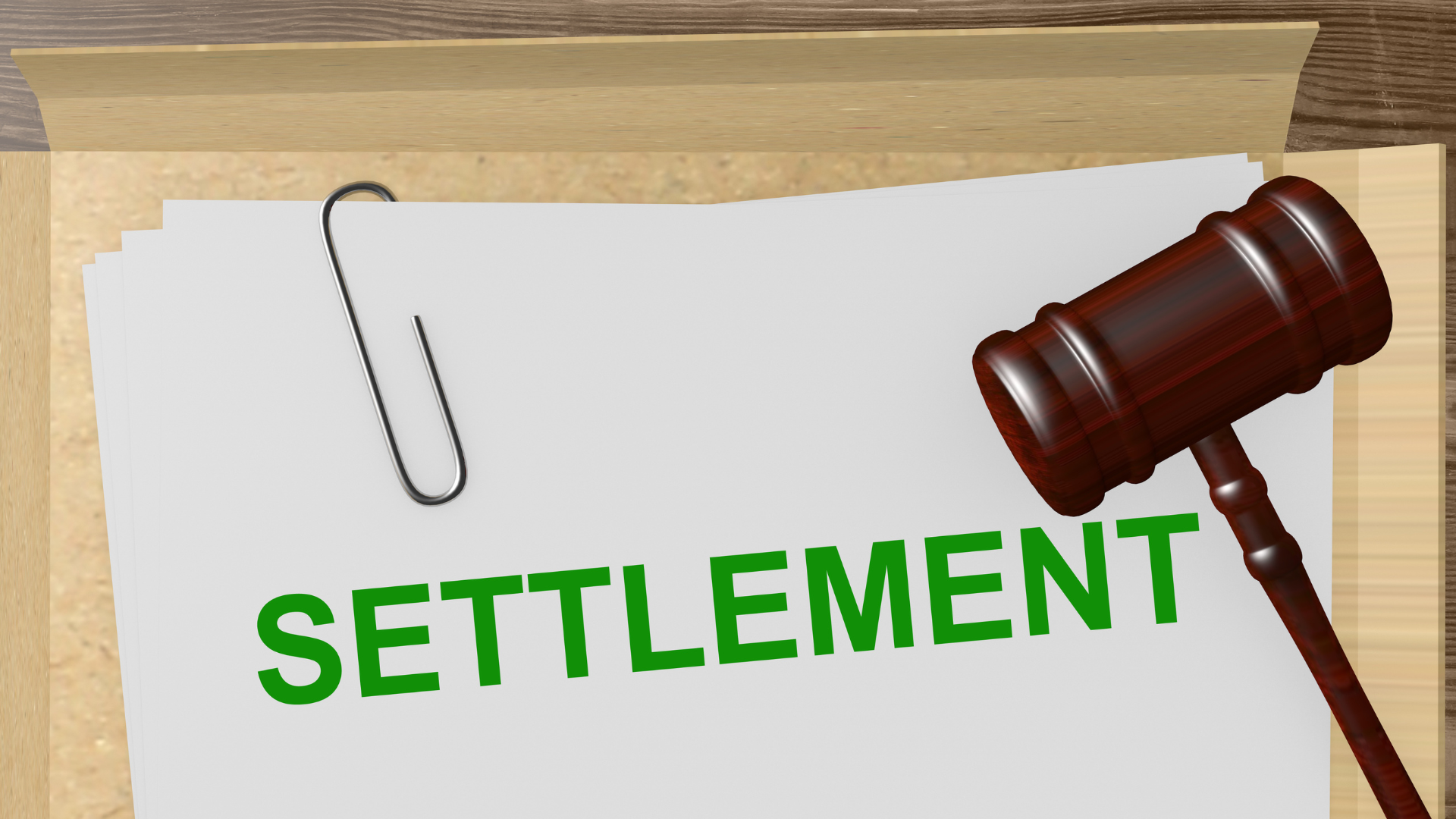Filing Chapter 13 Bankruptcy in NY
What You Need to Know

If you’re struggling to manage your debt but want to keep your home, car, and other property, filing Chapter 13 bankruptcy in NY may be the solution. Unlike Chapter 7, which wipes out certain debts through liquidation, Chapter 13 allows you to restructure what you owe and repay over time—without losing everything you’ve worked for.
In this guide, the attorneys at J. Singer Law Group walk you through everything you need to know about filing Chapter 13 in New York: who qualifies, how it works, what it costs, and how it can give you a path back to stability.
What Is Chapter 13 Bankruptcy?
Chapter 13 bankruptcy, also known as a “wage earner’s plan,” lets individuals with a steady income repay some or all of their debts over 3 to 5 years through a court-approved plan.
Instead of liquidating assets, you make monthly payments to a bankruptcy trustee, who then distributes those funds to creditors. At the end of the plan, remaining qualifying debts may be discharged.
Common reasons New Yorkers file Chapter 13:
- To stop foreclosure and catch up on mortgage payments
- To prevent repossession of a car
- To pay off tax debt or child support arrears
- To consolidate unsecured debts into one manageable monthly payment
- To avoid losing valuable property not protected in Chapter 7
Who Qualifies for Chapter 13 Bankruptcy in New York?
To qualify, you must:
- Be an individual (not a corporation or LLC)
- Have regular income (wages, self-employment, pension, etc.)
- Have unsecured debt under $465,275 and secured debt under $1,395,875 (as of 2024)
- Be current on tax filings
You’ll also need to complete a credit counseling course before filing.
How the Chapter 13 Process Works in NY
Here’s a step-by-step overview of the Chapter 13 process:
1. Consultation with a Bankruptcy Attorney
Discuss your financial situation, goals, and whether Chapter 13 is your best option.
2. Prepare and File the Petition
Your attorney will help you file the bankruptcy petition and repayment plan in the appropriate New York Bankruptcy Court (Southern, Eastern, Northern, or Western District).
3. Automatic Stay Begins Immediately
As soon as you file, the automatic stay goes into effect, stopping:
- Foreclosure actions
- Creditor lawsuits
Collection calls - Wage garnishments
4. 341 Meeting of Creditors
Roughly 4–6 weeks after filing, you’ll attend a brief hearing where the trustee and creditors can ask questions about your finances.
5. Confirmation Hearing
The court will review your plan (usually 30–60 days after the 341 meeting). If approved, payments begin as scheduled.
6. Make Monthly Payments
Over 3 to 5 years, you’ll make consistent monthly payments to the trustee. Missing payments can result in case dismissal.
7. Discharge of Remaining Debts
At the end of your plan, any qualifying unpaid debts—like credit cards or medical bills—are wiped out.
How Much Does Chapter 13 Bankruptcy Cost in NY?
Cost Estimated Amount
Court Filing Fee $313
Attorney Fees $3,000–$6,000 (often paid through plan)
Trustee Fees 5%–10% of your monthly payment
Credit Counseling + Debtor Education ~$50–$100
Note: Many attorneys accept a portion of their fees upfront and roll the rest into your repayment plan.
What Debts Can You Include in Chapter 13?
You can include both secured and unsecured debts:
Secured Debts:
- Mortgage arrears
- Auto loans
- Tax liens
- Unsecured Debts:
- Credit card balances
- Medical bills
- Personal loans
- Collection accounts
Certain debts, like child support, alimony, and some tax obligations, must be paid in full through the plan. Student loans are not dischargeable but can be deferred during the repayment period.
Pros and Cons of Filing Chapter 13 in NY
Pros Cons
Stops foreclosure and repossession Long repayment period (3–5 years)
Consolidates debt into one payment Requires strict budgeting
May reduce total debt owed Missed payments can lead to dismissal
Lets you keep property Impacts credit for 7 years
How J. Singer Law Group Can Help with Chapter 13 Bankruptcy
Filing Chapter 13 in New York is a complex process—and making mistakes can cost you time, money, and your legal protection. At J. Singer Law Group, our attorneys bring years of experience helping individuals and families:
- Determine if Chapter 13 is the best strategy
- Create a realistic, court-approved repayment plan
- Stop foreclosure or repossession actions
- Protect property from creditors
- Navigate objections or trustee challenges
- Ensure your case moves smoothly from filing to discharge
- We handle every case with care, attention, and a deep understanding of New York bankruptcy law.
If you’re overwhelmed by debt but don’t want to risk losing your home or assets, contact J. Singer Law Group today to explore your options with a free consultation.
Frequently Asked Questions (FAQ)
1. How long does Chapter 13 bankruptcy take in New York?
Chapter 13 plans typically last 3 to 5 years, depending on your income, debt amount, and proposed plan.
2. Will Chapter 13 stop foreclosure in NY?
Yes. Filing triggers an automatic stay that stops foreclosure proceedings, giving you time to catch up on missed mortgage payments through your plan.
3. Can I include back taxes in Chapter 13?
Yes. Many federal and state tax debts can be repaid over the plan period. Some older tax debts may even be discharged.
4. What happens if I miss a Chapter 13 payment?
Missing payments can lead to case dismissal. If you anticipate trouble making a payment, your attorney may help modify the plan or file a motion to extend time.
5. Can I pay off Chapter 13 early?
In some cases, yes—but you may be required to pay all unsecured creditors in full if you complete your plan early. It’s best to speak with your attorney before making extra payments.
Filing Chapter 13 bankruptcy in NY can offer the structure and protection you need to get your finances back on track—without giving up your home, car, or dignity. But the process is highly procedural and must be approached carefully.
At J. Singer Law Group, we’ve helped countless clients across New York navigate Chapter 13 from start to finish. Whether you’re facing foreclosure, buried in credit card debt, or struggling with tax arrears, our team is here to guide you every step of the way.
Call today to schedule a confidential consultation and take the first step toward lasting financial relief.











